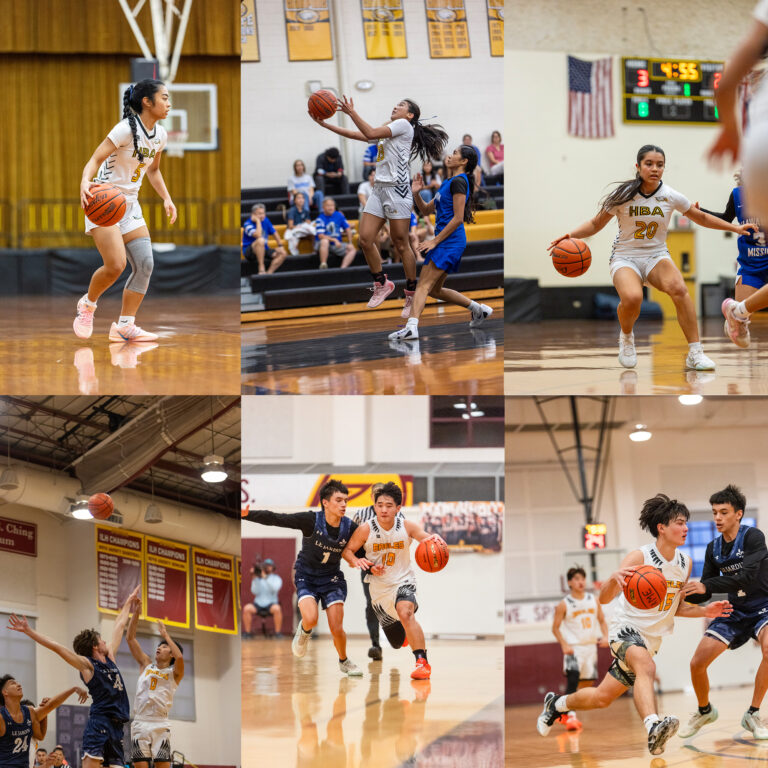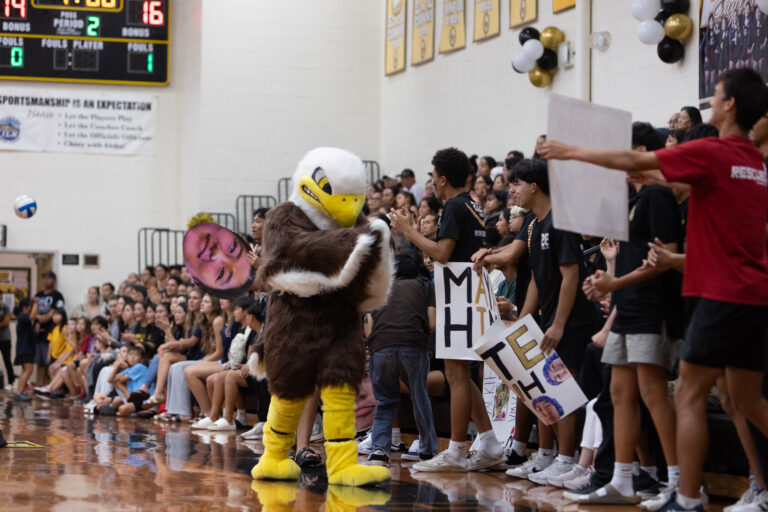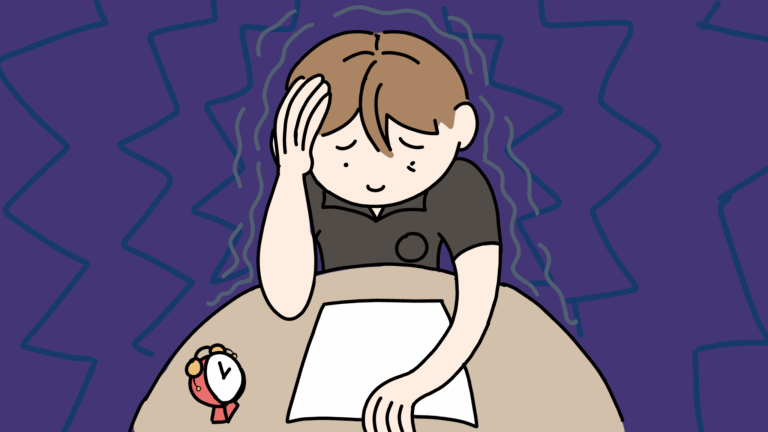Music genres are ever evolving, and with greater distribution and access, music listeners now have more variety in what they listen to. With the increased use of music streaming apps, users have millions of songs at their fingertips, from classical symphonies to mumble rap. One of these apps, Spotify, had over 365 million active listeners worldwide this year, showing just how much music has permeated everyday life. Students and teachers at HBA share their own experiences with music and their favorite genres.
Sophomore Dilan Chock-Makiya, like many students at HBA, has a special liking for K-pop, or Korean Pop. In particular, she loves the popular Korean boy band BTS, and finds the messages in their songs very relatable. For example, their song ON is about being to fight through pain and adversity, which Chock-Makiya says really motivates her. Aside from their music, Chock-Makiya also admires BTS members’ personalities. “I think all of them have different personalities which make them really good as a group despite their differences,” she says. She adds that knowing about their life outside of music, shared through their numerous vlogs, helps her enjoy their music even mor.
English Teacher Faye Takushi also shares a love for the Korean boy band. Takushi’s interest in BTS started when her daughter introduced the group to her during the first COVID lockdown. Like Chock-Makiya, Takushi is a fan of the group’s maturity. “When I watched their concert documentaries, I was impressed with their honest, deep conversations and humility in resolving conflicts within the group. I think I respected them at that level first; then I admired their music.” Takushi is a proud fan and said that she never listened to music regularly until she found BTS.
Sophomore Cori Matsumoto, however, remains unimpressed despite BTS’s popularity. She feels that the group is overrated and generic, and utilizes too much autotune for the singers’ voices. Matsumoto prefers to go back in time to classics, like one of her favorite songs from 1975 , Bohemian Rhapsody by Queen, which mixes several genres of music into one. The song goes from a gentle ballad, to a classical operatic segment, then ends with a riveting hard rock section. In contrast, many current popular songs use a simpler structure, going from chorus to verse to chorus, and remain in one music genre. Matsumoto said that music helps her focus and motivates her while she’s doing schoolwork or any other activities.
Sophomore Maxwell Lee also has a taste for older music, specifically from the 60s. Like Matsumoto, he is critical of the pop music. Lee takes issue with the lyrics in many pop songs. “In general,” he says, “I feel like songs in the 20th century, maybe around the 50s or 60s, have a more indirect message and are more open to interpretation.” He adds that when songs take a more indirect approach, they don’t leave him thinking about one specific topic; instead he gets to decide what the song means, which he finds much more enjoyable.
English teacher Ryan Frontiera, on the other hand, is a big fan of modern teen pop songs. “Even though I don’t often like current pop music, my guilty pleasure is that I love terrible, cheesy teen pop songs. Deja vu by Olivia Rodgrigo is just great. And I know in six months I’ll look back and laugh at myself, but man, it’s so good,” he said. Aside from listening to the trendiest songs, Frontiera also listens to a variety of older bands from his childhood, such as The Cure and The Beatles. And as for why certain songs appeal to him, he says, “I think sometimes I like songs or music because I just have this emotional resonance with them. I say for all of them, in some way they capture a feeling or emotion that even though I can’t put into words, I really like.”







